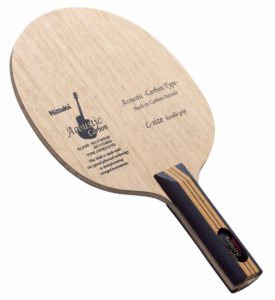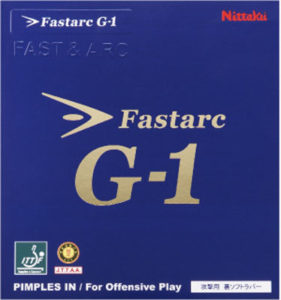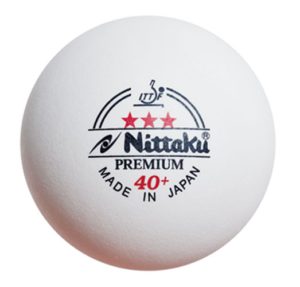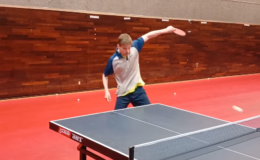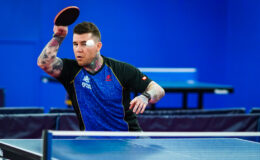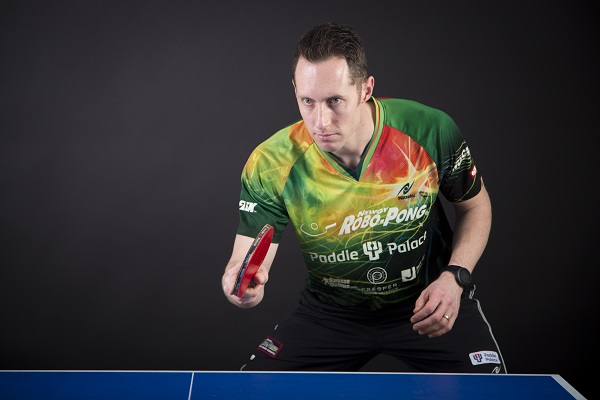
By Samson Dubina
One year at the US National Team Trials, I was leading 3-2 against ***Mark Hazinski and leading 9-3 in the 6th game. After a series of aggressive mistakes by me, he closed the gap 9-8. I simply pushed and blocked the next 2 points to end the match 11-8 in the 6th. Walking off the court, my coach said, “I would rather have you lose the match than to win it like that.” I replied, “The goal was to win.”
There are different types of tournaments that I would like to address in this article…
Investigating
Most players want to improve and break the 1200 barrier or 1800 barrier or 2000 barrier, or whatever. When I ask them what necessary areas of their game they hope to improve, they are often speechless. If you don’t know what to improve, then play a tournament to investigate what you need to work on this year. Record your matches and watch them within 1-2 days of playing. You should be able to come up with a list of 5-6 things that you need to perfect during the next 12 months. Investigating tournaments are critically important for long-term planning.
Implementing
When you are developing new skills, it is often good to avoid match play and tournaments initially. After several weeks of training, you need to learn to implement your new skills into club matches, league matches, and tournaments. The tournaments where you implement new things are usually “bad tournaments” because you need to force yourself to do the right thing, which means sacrificing some matches and often sacrificing lots of rating points.
Performing
When looking for good results, you need to perform according to what will win. In the above situation that I mentioned (at the beginning of this article), I hit a rut. My attack wasn’t working. I needed that win in order to possibly make the national team. I did what was necessary and used pushing and blocking to win the 6th game. Had my goal been to implement my flip or backhand loop or counterloop, then I played wrong at 9-8. But my goal for the tournament was performing and taking the title, so I did what was necessary.
You and your coach MUST talk about the goal for the tournament.
What is your goal?
Many players say they are going to implement new things then are furiously mad when they go down 100 points; instead they need to judge their performance by their ability to implement, not their ability to win. Others say they want to implement something new but then go back to their old ways. Others want to perform and have good results, but feel guilty for pushing and blocking. Regardless of your playing style, age, or level, you MUST have a goal for the tournament. About 3-4 weeks before the competition, have a discussion with your coach regarding the goal, train according to it, and perform according to it!
***By the way, credit to Mark, he has beaten over 50 times in tournaments. This article was not meant to be derogatory to him. I just used a personal example to illustrate my main point.
Samson uses the Nittaku Acoustic Carbon Large Grip Blade (Recent Change!) with Nittaku FastArc G1 rubber on both sides along with Nittaku 3- StarPremium 40+ balls.
- Read more great coaching and playing articles by Samson

